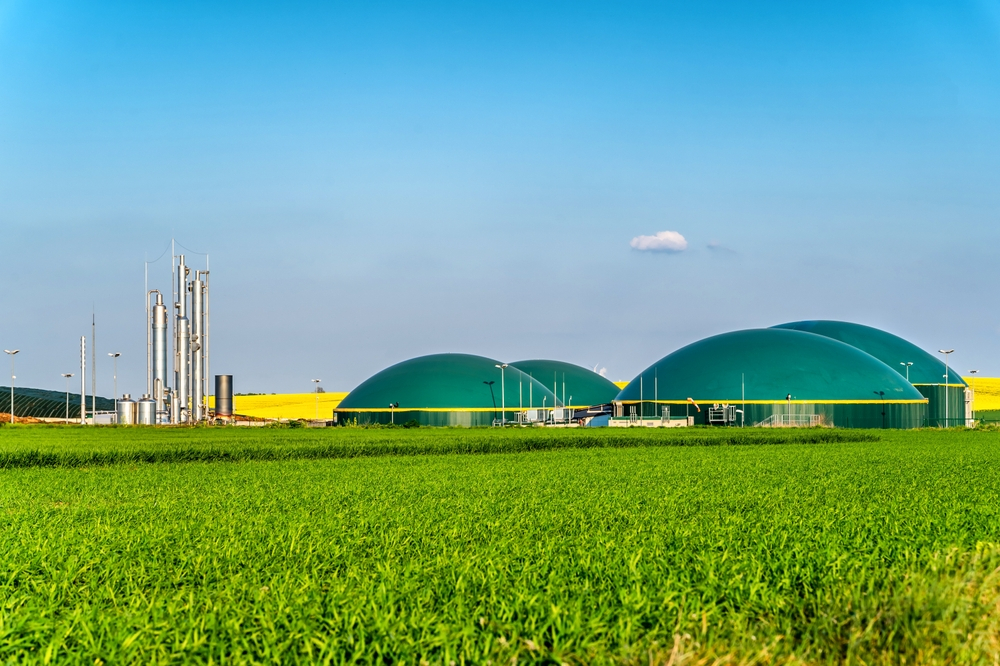ESG Today writes that RNG or biomethane is a type of renewable fuel produced from the processing of organic waste and is chemically identical to its fossil-based relative, called natural gas, but with a lower carbon footprint that can allow companies to cut on their emissions.
Massachusetts-based Vanguard Renewables is a company that operates anaerobic digesters to convert organic waste streams into renewable natural gas, reducing the reliance on fossil fuels and also the carbon emissions associated with using this type of fuels.
Currently, the company operates 17 waste-to-fuel facilities, with a total production capacity of over 440 GWh, planning to expand its RNG projects to over 100 by 2029.
TotalEnergies and Vanguard Renewables now plan to implement 10 new waste-to-RNG projects over the next 12 months, with a total annual production capacity of 800 GWh. Three projects are currently being developed in Wisconsin and Virginia, with an individual capacity of almost 75 GWh.
TotalEnergies aims to produce 10 TWh of biomethane by 2030, which is the equivalent of reducing 4 million tons of carbon emissions.
 Mihai - Cristian Ioniță
Mihai - Cristian Ioniță












Any thoughts?